

Legislation aims to shine a light on corporate climate pollution and carbon offsets.


A new state bill seeks to find out what we don’t know about the jobs we want to have.
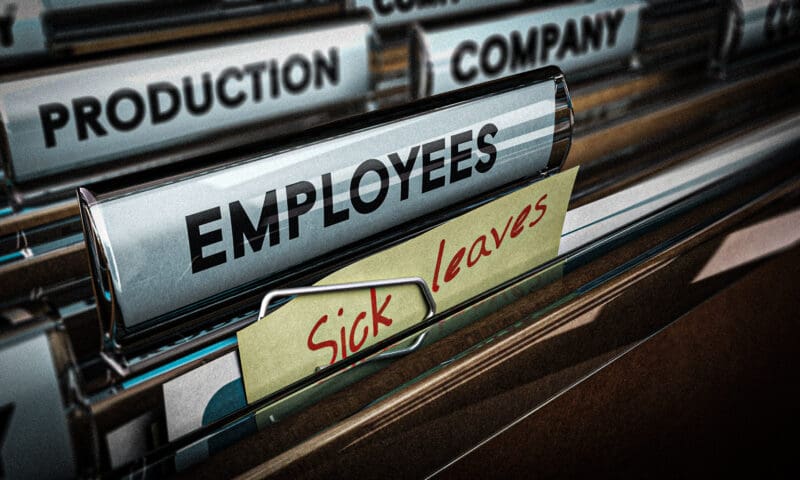
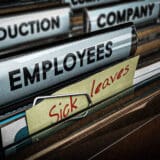
So far, Gov. Gavin Newsom has given no indication that he’s inclined to extend supplemental paid leave.
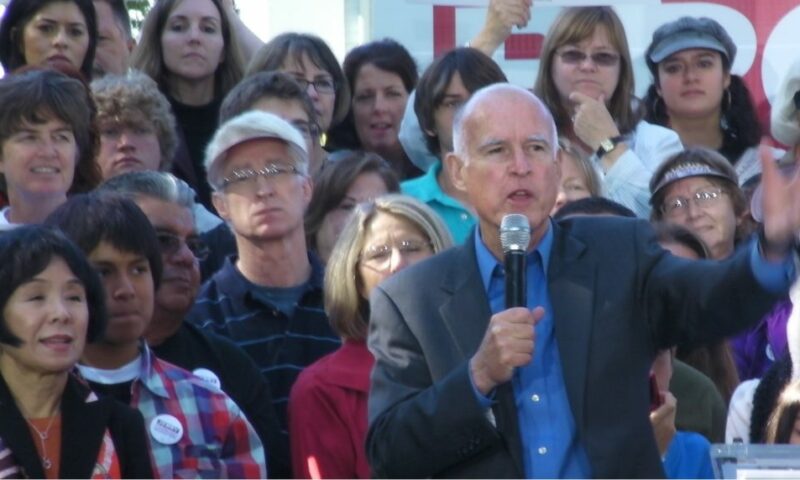

Among other things, the ballot measure could endanger the bullet train, one of Governor Jerry Brown’s favorite projects, by giving Republicans a say over how cap-and-trade money is spent.


CalChamber won’t say how many jobs on its Job Killer list would be eliminated by proposed environmental and workplace protection bills — or even how such legislation would eliminate them.


California’s Chamber of Commerce is best known for its Job Killers list, which the king of business lobbies uses to scare off state legislators from passing laws that might, among other things, protect workers from wage theft or force oil companies to pay extraction taxes. (In reality, the Job Killers list is more of a bill-killers list.) But the CalChamber isn’t all about killing. Last week it revealed its kinder, if not gentler, side in the form of a Job Creators list. (Who knew?) The lawmaking season is still young, but already the CalChamber has begun identifying bills that it claims will allow more Californians to enter the workforce.
* * *
It’s not entirely clear what jobs, if any, would be created by Corporate Democrat Adam Gray’s bill,


It happens every spring: The start of baseball season and the Chamber of Commerce’s assault on legislation designed to improve the lives of Californians – many of them our most vulnerable residents. The CalChamber lobbies against legislation year-round, of course, but brings out its biggest bat in the form of its Job Killer list – a lineup of bills that are demonized as wasteful, overreaching, unfair, etc. The list is a remarkably effective tool and accounts for the chamber’s astronomically high batting average – last year it went 25 for 27 in its efforts to stop “job-killing” legislation. Many a bill that seemed a shoo-in to become law has suddenly found itself permanently stuck in some committee, or vetoed whenever the Chamber persuades the governor to play the role of Mr. September for corporate interests.
Last week the CalChamber released its “preliminary” list of Job Killers.
» Read more about: CalChamber's 'Job Killers' List Returns »


Whenever the subject of raising hourly pay to a livable level comes up in Los Angeles, you can expect two stalwart foes: The Chamber of Commerce and the Central City Association. They both represent business and they always argue that paying working people a wage they can live on will hurt business owners. I cannot recall a time they ever claimed anything else.
But now a new voice from the business community has surveyed the field of low-wage work and come up with a conclusion quite opposite the Chamber’s and the Association’s. A member of the faculty at MIT’s Sloan School of Management (named after a former president of General Motors, no less) compared wages and company results among sales people and check-out clerks. These jobs happen to rank one and two in the number of employees in the country, and they are notorious for low pay, part-time hours and oppressive working environments.


For years firefighters and environmentalists have warned of the dangers from upholstered furniture treated with flame-retardant chemicals that are linked to cancer, decreased fertility, hormone disruption and lower IQ development. Although state safety regulations allow the use of flame retardants, they are not required — the choice is left to manufacturers. Today Californians wishing to buy a sofa or easy chair free of toxic chemicals are in for a surprise when they try to get information in stores about the presence or absence of flame retardants. An informal survey of West Los Angeles furniture showrooms recently encountered these scenes:
This afternoon the California State Assembly passed Assembly Bill 1897, which would hold companies accountable for violations of workers’ rights committed by their labor suppliers. The bill, sponsored by Assemblymember Roger Hernandez (D-West Covina), passed 45-20.
Gary Cohn recently wrote about AB 1897 for Capital & Main, noting that passage could have national implications for temporary workers and income inequality. Capital & Main’s Bill Raden and Cohn previously investigated such worker abuses taking place at agribusiness giant Taylor Farms. Labor advocates supported the bill, noting that major corporations have used staffing companies to dodge responsibility for sub-standard working conditions. Meanwhile, more than 50 business groups opposed the bill.
» Read more about: Breaking: Assembly Passes Bill to Hold Companies Accountable for Abuse of Temps »
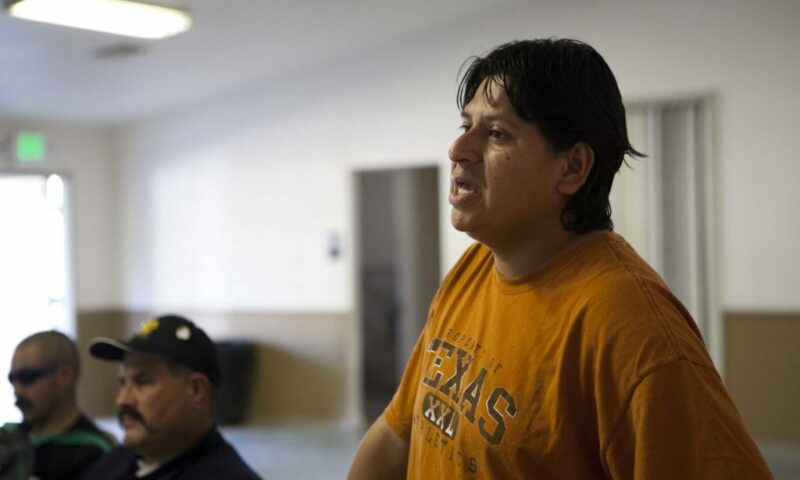

Unlike the Kelly Girls of years past, today’s temp workers are just as likely to be hired to fill blue collar jobs as office positions, with one major caveat: the new “temporary” hires who pick crops, pack vegetables or clean hotel rooms can work at those jobs for years at the same company — and with little or no advancement. And, according to recent research, that’s exactly the way some of America’s largest companies like it.
The practice has become so pervasive that California Assemblymember Roger Hernandez (D-West Covina) is pushing forward a bill, modeled on similar laws passed in Illinois and Massachusetts, intended to hold companies accountable for serious violations of workers’ rights committed by their own labor suppliers.
See feature story on temp-labor contracting at Taylor Farms
“As new jobs are added to the economy, employers are utilizing the subcontracted model known as ‘perma-temps’ to avoid accountability in the workplace,” Hernandez said last week.
» Read more about: Who’s the Boss? Proposed California Law Would Rein in Abuse of Temp Workers »
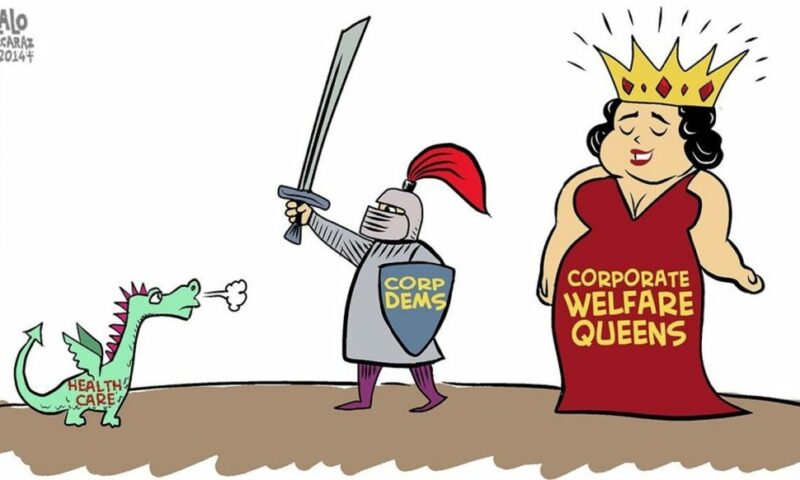
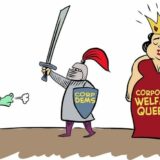
This week we continue our series about the shaping of California’s laws and policies by Corporate Democrats. In his second article, Pulitzer Prize-winning investigative reporter Gary Cohn examines how a bill does not become a law when powerful business interests lobby against it.
[divider]
Jim Araby was dead asleep when his cell phone rang at 6 a.m. last June. Until then the labor activist had been enjoying an idyllic family vacation in Guerneville, on Sonoma County’s Russian River. But the number appearing on his phone told him the call was from Sacramento, suggesting bad news. The voice he now heard confirmed it.
“Can you get here?” a union colleague asked. “We need you.”
Araby, a regional director of the United Food and Commercial Workers, listened in dismay as he learned that Assembly Bill 880, which more than half a dozen community groups and unions had supported,
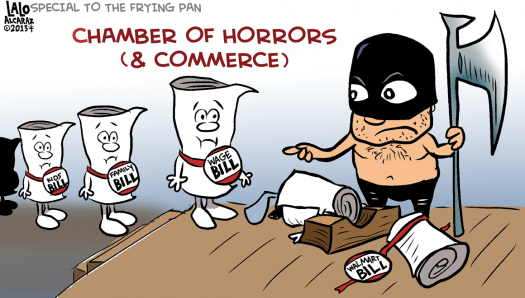

The California Chamber of Commerce represents more than 13,000 businesses, from companies such as Microsoft and Walt Disney, to local companies with small numbers of employees. From its K Street headquarters in Sacramento, the “Cal Chamber,” as it’s colloquially known, analyzes some 3,000 pieces of legislation every year. In the past 10 years, 341 of 353 — nearly 97 percent — of the bills opposed by the California Chamber of Commerce failed to become law. The vast majority of these were never passed by the Legislature and sent to the Governor. Instead, they were killed in committee or voted down by the Legislature or amended to take out provisions opposed by the chamber.
The chamber’s weapon of choice is its highly publicized “Job Killers List,” a roll call of bills the chamber claims threaten the interests of business, though its press releases tend to stress the bills’ menace to California’s economy and its workers’ jobs.
» Read more about: DOA: Behind the Chamber of Commerce’s “Job Killers” List »
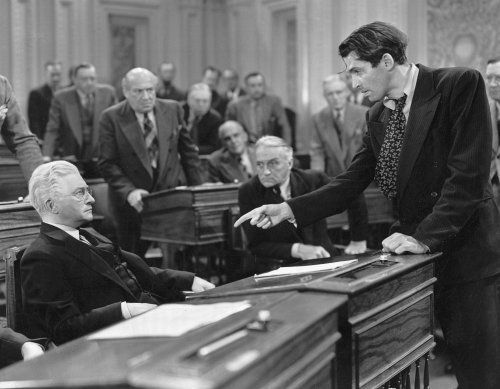
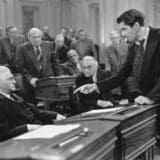
1. “Buy American” Law. AB 1543, introduced by Luis A. Alejo (D-Salinas), would have created a billion-dollar market for goods manufactured in California by requiring that, starting in 2014, at least 70 percent of state and local agency procurement be spent on manufactured goods made in the United States. Failed 04/27/12 deadline to move to fiscal committee.
2. Minimum Wage COLA Law. AB 10, introduced by Luis A. Alejo (D-Watsonville), would have automatically indexed state minimum wage increases to inflation. Held in Assembly Appropriations 5/27/11; failed deadline. (Subsequently, AB 10, raising minimum wage to $10 by 2016, was signed by Governor Jerry Brown earlier this year.)
3. Wage Theft Lien Law. AB 2517, or the California Wage Lien Bill, introduced by Mike Eng (D-Monterey Park), would have expanded the Mechanics Lien Law to allow workers from all industries to file a lien without an attorney for unpaid labor against the property where the work was done.
» Read more about: Capitol Punishment: Nine Good Bills the Cal Chamber Wanted Killed »